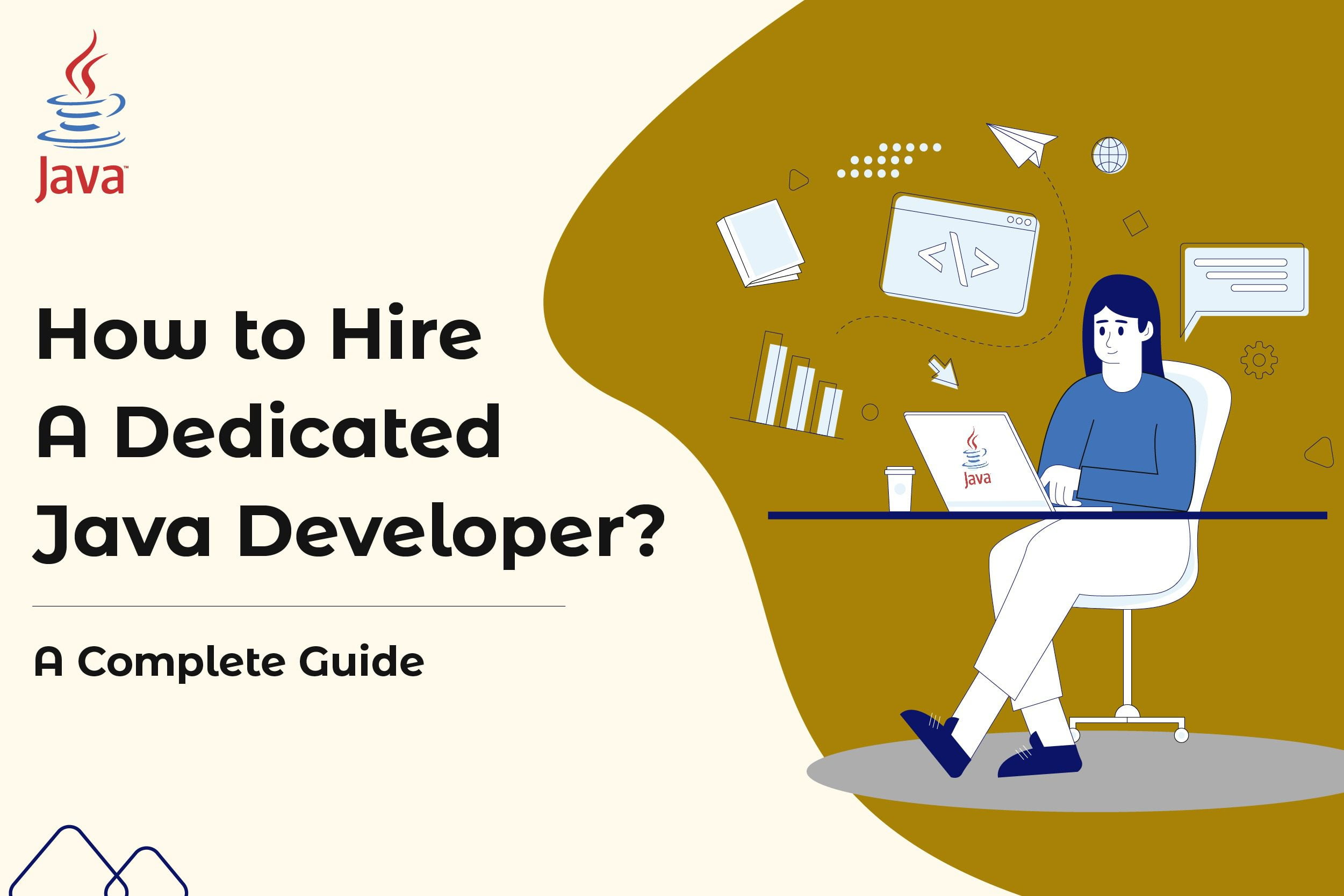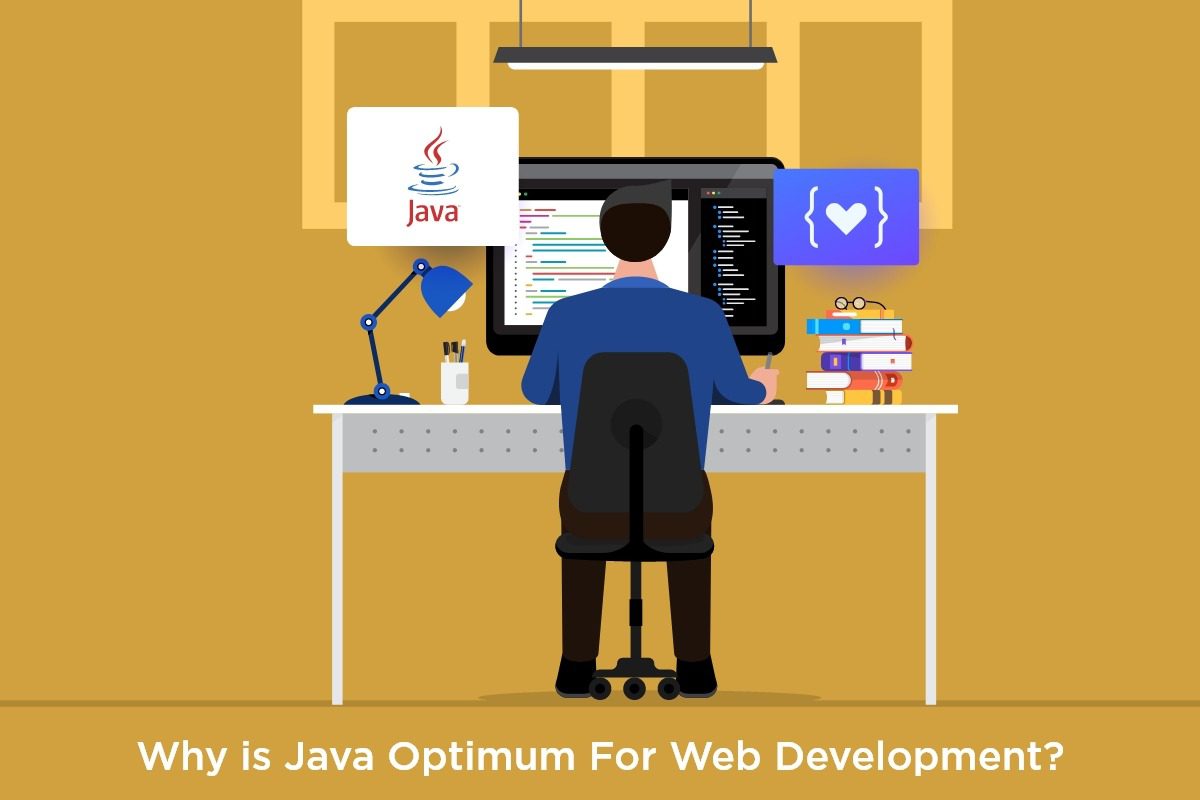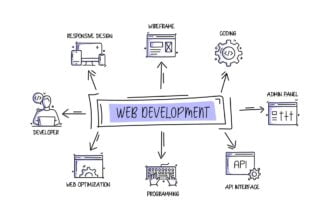
Laravel vs Lumen: If you are in the process of web development you may be wondering which PHP framework would work best for you.
While some may prefer Laravel, others may speak of Lumen. So, before we start digging into the differences, let’s find out what they really are.
Software development is a necessity these days but there are several questions that can go along with this.
Once you have established an idea about the application, it is important that you use the right technology to improve.
You can go to Full Stack Web Framework or Micro Framework.
Full Stack Web Framework
It covers all the elements needed in a web development plan. From Web usage to HTML generation, everything can be done from here.
This is a repository of all elements and you can create both a feature-driven or specific application from this, such as Laravel.
Micro Framework
These are designed to perform specific tasks or to solve all kinds of problems. These are usually designed for small applications.
This is contrary to the Full Stack Web Framework. An example of this would be the Lumen.
Defining frameworks
Laravel
Laravel is a modern web framework that follows the architectural pattern of the Model View Controller (MVC). With Laravel, you will find simplicity, beauty, and readability.
So if you wish to build a web application in the PHP framework then Laravel is a top consideration. For that, you can reach up to the best laravel development company that can provide you best solution.
- The process of debugging becomes complicated by the use of multiple methods.
- It is constipated due to the presence of many factors. Even if the application does not require a specific file, the framework will be embedded.
- Only professional code can work with Laravel.
Lumen
Lumen, on the other hand, is a modern and simple micro-framework. This one has a larger population compared to the other and comes with smaller configurations and different parameters.
This is about speed and performance, basically stripping the bootstrap process to a minimum. It basically combines all the packages together, including the third.
- It can be easily upgraded to Laravel as it is the same subset.
- You can easily read this and start using this.
- This is one of the most effective microframeworks with a benchmark for 100 requests/second.
- This is due only to minor applications and especially to Laravel.
The difference
There are some differences between these web development services that you should be aware of:
Framework
Laravel is basically a framework that comes with a variety of tools and applications and supports excellent web development applications. Lumen is an open-source PHP microframework based on microservices.
If you need to build a small app that requires a lot of speed and a little time on the market, then Lumen is the best option available.
Execution
You will need to hire a Laravel developer who believes this is the best-in-class web application. Lumen, on the other hand, is made up of microservices.
It is simpler than before and is dedicated to creating various APIs, caching, cookies, logging, and so on.
Learning Curve
Laravel has very simple structures, but since Lumen is based on microservice, it is much easier to use. This means you will need time to understand the first one but you will be able to understand the latter easily.
Template Engine
View Engine basically works within an application that is used to render an HTML page in a browser or user. Contains server controls, HTML tags, and other editing languages.
This is one of the most talked-about differences between these two frameworks. At Laravel, for making a template, Blade is used but it comes to Lumen, which has no template engine. However, no template is used in the case of Laravel’s non-standard API.
Speaking of Blade, it is a simple but powerful visual image engine used with Laravel.
It will not prevent you from using the simple PHP code, in fact, they will integrate all Blade views into a simple PHP code and keep it until it is changed.
Session Engine
Laravel has a very powerful session manager. The sessions provide a very effective way to store user information on all different applications. By default, Laravel uses a file session driver to activate it.
This will work well for most systems and if you are considering using Memcached or Redis drivers, this will improve the performance of the session.
Lumen, on the other hand, does not have a session manager or holder, this works basically in an endless way.
So depending on your needs, if you build a seamless API, Session engines will not hold the value of your work.
Route
It comes with a Laravel track machine, very powerful. It will allow you to create resource routes by creating all routes simultaneously with CRUD performance. It binds to the Eloquent model by default with variables based on the numbers transferred to the routes.
It also takes care of returning the error message if resources are not available. As a developer, it will give you the ability to keep the control code very good.
It also has a track reservoir that can increase the route speed significantly. But even if the repository is open, the Laravel route is not very fast.
Speaking of Lumen comes with a simple and fast foreign company router. It does not support automatic modeling and caching.
This means you have to give up a feature like the default binding model to get the speed, which is definitely something to consider. Whether this is appropriate or not will depend entirely on your needs.
Form Request
These are the application themes that are used as Laravel architecture. This holds the concept of your verification.
Originally, it was designed to look like HTML types, but consider it can be used for any other application.
These are properties that can take care of authentication, so if they fail, you will get a verification error. This is why one can boost Business with Laravel Web Development.
Here you will also not find an embedded cleaning engine but you can expand it with third-party libraries. This will provide application cleaning and verification features.
Lumen, on the other hand, supports Form Applications. However, it can automatically bind the body to the application form. The purity and validation of the data will depend on the controller.
Eloquent
Both parties support the Eloquent, but only Lumen can have the option to disable it completely. Speaking of the MVC framework, ORM can be considered a very relevant subject.
The two are always accompanied together, but managing all the relationships by hand can be a daunting task.
For Lumen, you must use Eloquent regularly, otherwise, the framework will lose most of its power.
Eloquent is one of the Laravel parts that was completely written from scratch as the Symfony-based ORM engine went up a bit that every laravel development company knows.
Hire laravel developers to learn more about Wise ORM. It will surely help you all in the long run.
Facades
When you compare Eloquent and Facade are the same. Lumen and Laravel both support this but like the previous one, only Lumen has the ability to disable this completely and in fact, this is automatically disabled.
The facades are actually a design pattern and you can disable the aliases and facade classes provided by Laravel so that one can easily access other modules.
But keep in mind that the facade uses a heavy structure that can damage the overall performance.
Artisan Generators
It is a command-line tool for both laravel and lumen. They use the same structure but Laravel has more commands available compared to Lumen.
In Laravel, you can create any structure in the code. For Lumen, copying and pasting from a sample file is a task you may need to do.
But keep in mind that artisans do not affect the timing of the application.
Conclusion
Considering the differences in each framework, we cannot conclude the best of both. Each of them has its own fair share of advantages and disadvantages.
Moreover, your choice does not depend on technology, but rather on your needs.
So you will need to understand your needs first and based on that, you can choose the right solutions for your needs Laravel vs Lumen.
Email ID: jayanti@moontechnolabs.com

Jayanti Katariya is the CEO of Moon Technolabs, based in the United States and India a top mobile app development company awarded as “Best Startups in Mobile App Development” and the owner of Moon Invoice, one of the best invoicing apps in the billing industry. At the core, Moon Technolabs is driven by the vision, sharpness and flourished under the leadership quality led by none other than the founder & CEO i.e, Mr. Jayanti Katariya.








